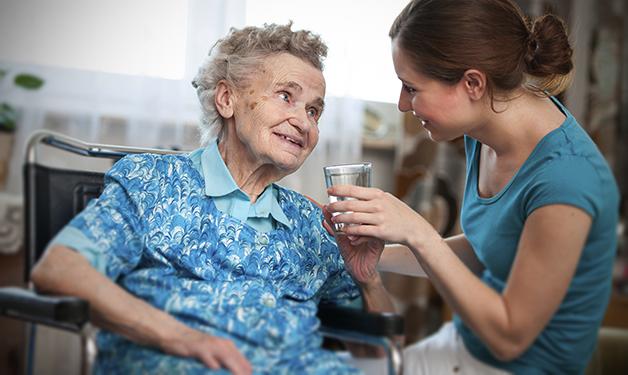
Ownership and organizational characteristics linked to fewer transfers.
As Canada's population ages, so too does demand for more quality senior care facilities. Research led by Dr. Margaret McGregor, a Vancouver Coastal Health Research Institute scientist with the Centre for Clinical Epidemiology and Evaluation, has found that types of ownership and certain organizational features of nursing homes correlate to fewer emergency department (ED) transfers.

“The nursing home population is arguably one of the frailest populations and except in specific circumstances, has little to gain from acute care services,” explains Dr. McGregor, a family physician and clinical associate professor with the UBC Department of Family Practice.
Research has documented an increased risk of infection, pressure ulcers, deconditioning, and delirium associated with frail seniors being sent to the hospital.
Considerable variation in the frequency of ED visits between nursing homes prompted Dr. McGregor to further explore some of the reasons for such variation.
One of Dr. McGregor’s studies, published earlier this year in the Canadian Journal on Aging, showed that rates of transfer are substantially lower in publicly owned facilities, i.e. those owned and operated by hospitals, compared to ED transfer rates among for-profit or not-for-profit facilities.
“We also found that ED transfer rates were lower in facilities with higher levels of nursing staff, more allied health professionals, and in facilities that reported the doctors came to see their sick residents right away,” says Dr. McGregor.
“And facilities where family doctors routinely attended the yearly resident care conferences of their patients to discuss goals of care with the family and the rest of the team had lower rates of ED transfers as well.”



